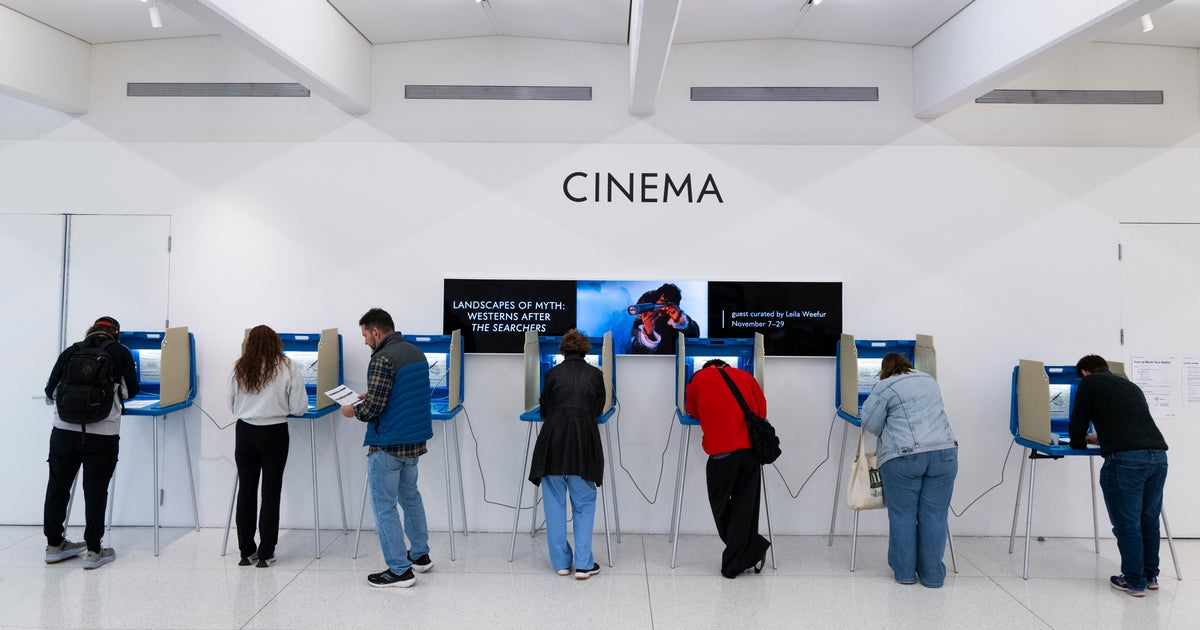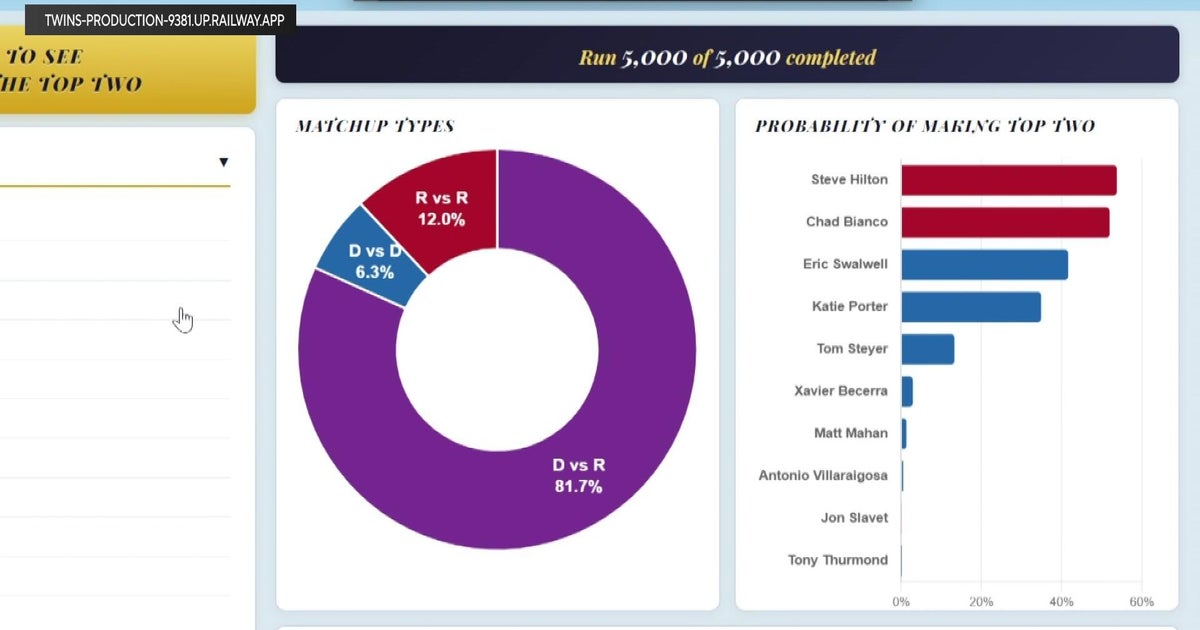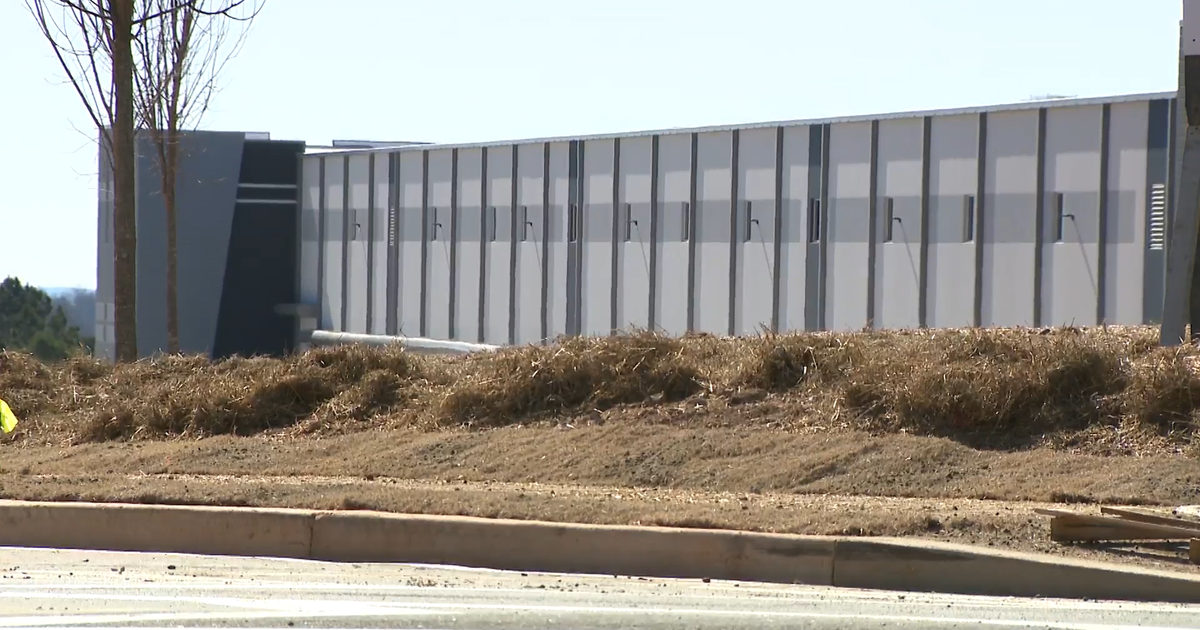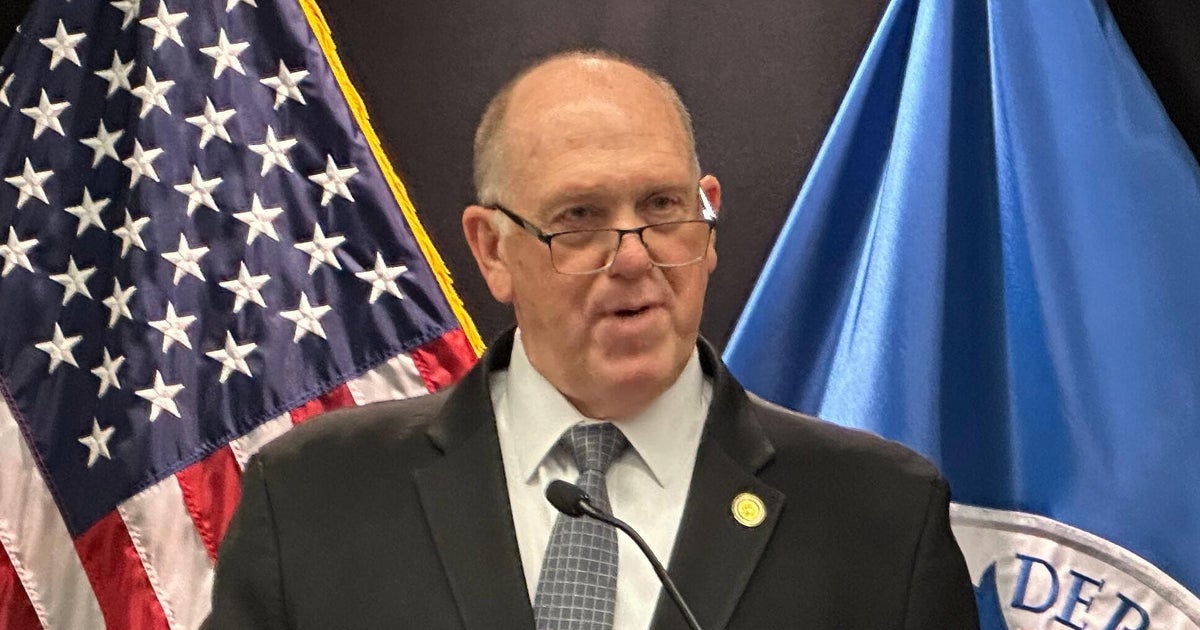Eye on Politics: Hispanic voters, accuracy of polling
DALLAS (CBSDFW.COM) - Why do different polls of the Texas Governor's race show such different results among Hispanic voters? What can be done to improve the accuracy of polling? We cover these questions and more on this episode of Eye on Politics (original air date 10/20).
Every week, CBS 11 political reporter Jack Fink breaks down some of the biggest political stories grabbing headlines in North Texas and beyond. Watch the latest episode of Eye on Politics in the video player above and stream new episodes live every Thursday and Friday at 7 p.m. on CBS News DFW.
The Latino vote in Texas
As Republican Governor Greg Abbott and Democrat Beto O'Rourke campaign across Texas, they have focused a lot of effort on the Latino community.
Jason Villalba, CEO and board chair of the Texas Hispanic Policy Foundation, a non-partisan, non-profit group whose mission is to better understand the Latino population in Texas, said his organization expects 27% of the vote next month in Texas will be cast by Hispanics.
"Hispanics all across Texas share some level of history and understanding, cultural affinity, but their politics are quite different all around the state," Villalba said.
You can see that in recent polls for Abbott and O'Rourke.
Watch the video below to learn more about how poll results for Texas Governor vary widely among Hispanic voters.
Control of Congress
Many political analysts believe Republicans will retake control of the U.S. House. Senator John Cornyn (R-Texas) hopes his party will take majority control of the U.S. Senate.
"We've seen how important it is where the Senate is in the personnel business," Senator Cornyn said. "We're the only body that votes on, for example, appointment vacancies for the bench and the U.S. Attorney. It's very important for us to be in a strong posture. Ultimately, we're going to be a check on the White House."
CBS News Congressional Correspondent Nikole Killion says Georgia will be critical in deciding which party controls the Senate after midterms. There, Senator Raphael Warnock (D) is facing off against former Dallas Cowboy Herschel Walker (R).
"It's important to remember about Georgia, there's also the potential for this race to go to a runoff if no one gets 50%," Killion said.
She mentioned Nevada, Pennsylvania, Wisconsin, and Ohio as other states with toss-up races.
How much should we trust polls?
Like them or not, polls are part of the political process gauging voter support for candidates.
But should we trust them? We spoke with Dr. Thomas Gray, assistant professor of political science at UT Dallas about this issue.
"I won't go so far as to say we shouldn't trust polling, but that rather we should interpret the polls cautiously and with a bit of humility, understanding that there are limits," he said.
Gray said the good news is polls are probably the best information that we have, but the bad news is that they're still limited and potentially flawed.
Gray pointed to polls conducted over the past few election cycles in Texas on gubernatorial, senate and presidential races. He says the polls have missed the actual result in Texas by three to four and a half percentage points.
"That's actually not that bad," he said.
According to Gray, in 2020, at least four different states had their polls off by five percentage points or more.
So why have polls been off? There are a few factors this could be attributed to, one being what's called non-response bias.
"If you get a call or your friends get a call, do they answer and answer the poll? The truth is, almost no one actually answers the polls," he said.
Over the years, fewer and fewer people have responded to polls. Gray said the current response rate is only about one percent.
This week's episode of Eye on Politics also covers the battle over control of congress. Watch the full episode in the video player at the top of this page.







